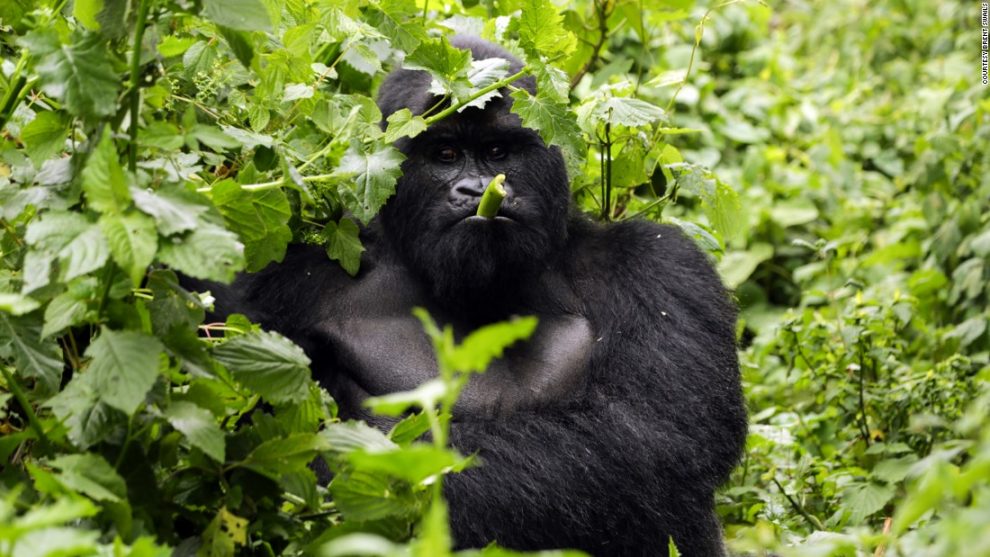Airport slots are essential to operating an airline and can be highly valuable. For many airlines, slots are key assets, both from an operational and financial perspective. But what makes them valuable? Why do slots are some airports cost more than elsewhere? Is it just a set price, or is there more to the story? Let’s take a look.
What exactly is an airport slot? Slots can be described as permission granted to a specific airline by the airport operator. This guarantees the airline in question the permission to take off and land at the airport during a specified time.
Without a slot, an airline can have the best planes and pilots in the world, but they can’t access the airport in question. Of course, planes land and take-off, so you don’t just need one slot, you need two. This is called a slot pair. Slot pairs are tradeable, highly desirable, and can be murderously expensive.
In 2016, Oman Air broke both the Heathrow and world record price for a slot pair. Oman Air paid US$75 million for the right to land at Heathrow, including snagging a coveted early-morning arrival slot. In contrast, Air New Zealand picked up a paltry US$27 million for its slot pair when it exited Heathrow last year. However, Air New Zealand’s slot pair allowed for a mid-morning arrival and mid-afternoon departure – outside the peak times at Heathrow.
According to aviation consultants, IBA Aviation, six criteria determine a slot pair’s value at any airport. They are how busy the airport is, or constraint level, what the general economic environment is like, what time of the day you want to arrive and depart, how often you want to use the slots, how quickly you can turn around your plane, and whether there are significant seasonal differences at the particular airport.
A runway can only handle so many aircraft movements per hour. Advances in air traffic control management can increase this, but only incrementally. If an airport has more than one runway, that will open up more slot availability, particularly if simultaneous arrival and departures can occur at that airport.
Airport curfews, if any, will impact slot availability. Curfews automatically reduce the number of slots available in any 24 hour period. Congestion at the airport and on the ground infrastructure will also impact slot availability. It’s not viable to land 40 planes an hour if the airport can only park and process 20 planes an hour.
These factors will impact the availability of slots at any airport, and the level of slot availability has a big impact on the price paid for slots by airlines.
One year ago, snagging a slot pair at a busy hub airport was an expensive process. Then COVID-19 brought the airline industry to its knees. Passengers dried up, flights were suspended, and planes grounded. Suddenly, in many airports, there were more slots available than needed.
Typically, airports impose a use it or lose it rule on airlines when it comes to slots. This year, many airports have cut cash-strapped airlines some slack. But as the travel downturn drags on, many airlines are exiting routes and quitting airports. In the process, that frees up slots at those airports. Per classic supply and demand, the more slots available at a particular airport, the more competitive the price.
Some airlines, such as Southwest Airlines, are taking advantage of this and experimenting with flights to new airports. Southwest has been accused of opportunism, but they see it as capitalizing on broader economic and market forces.
Airports have peak times, usually around breakfast time and in the early evening. If an airline wants a slot in peak time, they’ll usually pay more – as Oman Airlines found out at Heathrow.
Conversely, if you are happy to take slots mid-afternoon or mid-morning, as Air New Zealand did, they are worth less. If you are prepared to take midnight or early hours of the morning slots, you’ll pay even less.
Your customer base will have some influence here. If you are a commuter airline catering to corporate traffic flying between cities on day trips, you’ll generally need peak time flights. A once-daily long-haul airline like Air New Zealand doesn’t necessarily need to depart at six o’clock in the evening.
If an airline only flies to an airport three times a week, they’d pay less than an airline using the equivalent slot pair who flies in daily. Lots of smaller airlines don’t fly routes every day. Some only fly a route once a week. Japan’s Narita Airport is notoriously busy, but Air Niugini was only sending up one flight a week earlier in 2019. They’d pay significantly less than an airline who wanted that slot seven days a week.
Getting an aircraft in and out of an airport quickly frees up space for another plane. It doesn’t directly add to slot availability. Still, a quick turn-around adds to airport efficiency and can filter through to the amount of landing and departures an airport can offer and, ultimately, slot prices.
Smaller planes with fewer passengers and low-cost carriers that have fast turn arounds down to a fine art may benefit financially from getting in and out of an airport within the hour.
Bigger planes belonging to long-haul airlines are less nimble when it comes to turnarounds. An Emirates A380 will take up more space at the airport, spend more time on the ground, and suck up more resources than a Dash 8 belonging to a regional airline. That’s also something that will impact the final price for a slot pair.
Finally, some airports are highly seasonal. They do the bulk of their business over a certain period of time. London’s airports get busier over the summer. Airports around ski resorts pick up business in winter. Caribbean airports do well when it’s winter in North America.
Some airlines, particularly leisure and charter airlines, only want to fly to certain destinations in peak seasons. They don’t want to fly in over the off-season. That strategy will impact the final price paid for a slot pair. If an airport is at capacity over the peak season and half-empty over the off-season, they’ll price accordingly to attract more traffic during the off-season.
The buying and selling of airport slots is a highly sophisticated business. But the forces that determine the price are relatively straightforward. Ultimately, simple market forces have a big role to play. Prices will be more for peak times and premium airports. Prices will be less for off-peak times and less premium airports. Still, there’s no such thing as a cheap airport slot. However, nobody ever said running an airline was an inexpensive business.
About Guide2Uganda
Guide2Uganda (www.guide2uganda.ug) is the most comprehensive source of information about Uganda that exists on the web, with more content on Uganda and surrounding towns, attractions, museums and galleries than any other online guide that currently exists for Uganda as well as being a dynamic news and comprehensive events driven site with content being added daily.
According to WeFollow & Peer Index (whom both measure online influence) we are among the most influential online media organizations in Uganda. We were also awarded for ‘’Best Destination Website in Uganda’’ by Jumia Travel Uganda in the 2017-2018 Africa Travel Awards.
If you have a travel story to share with the world, email: info@guide2uganda.ug




